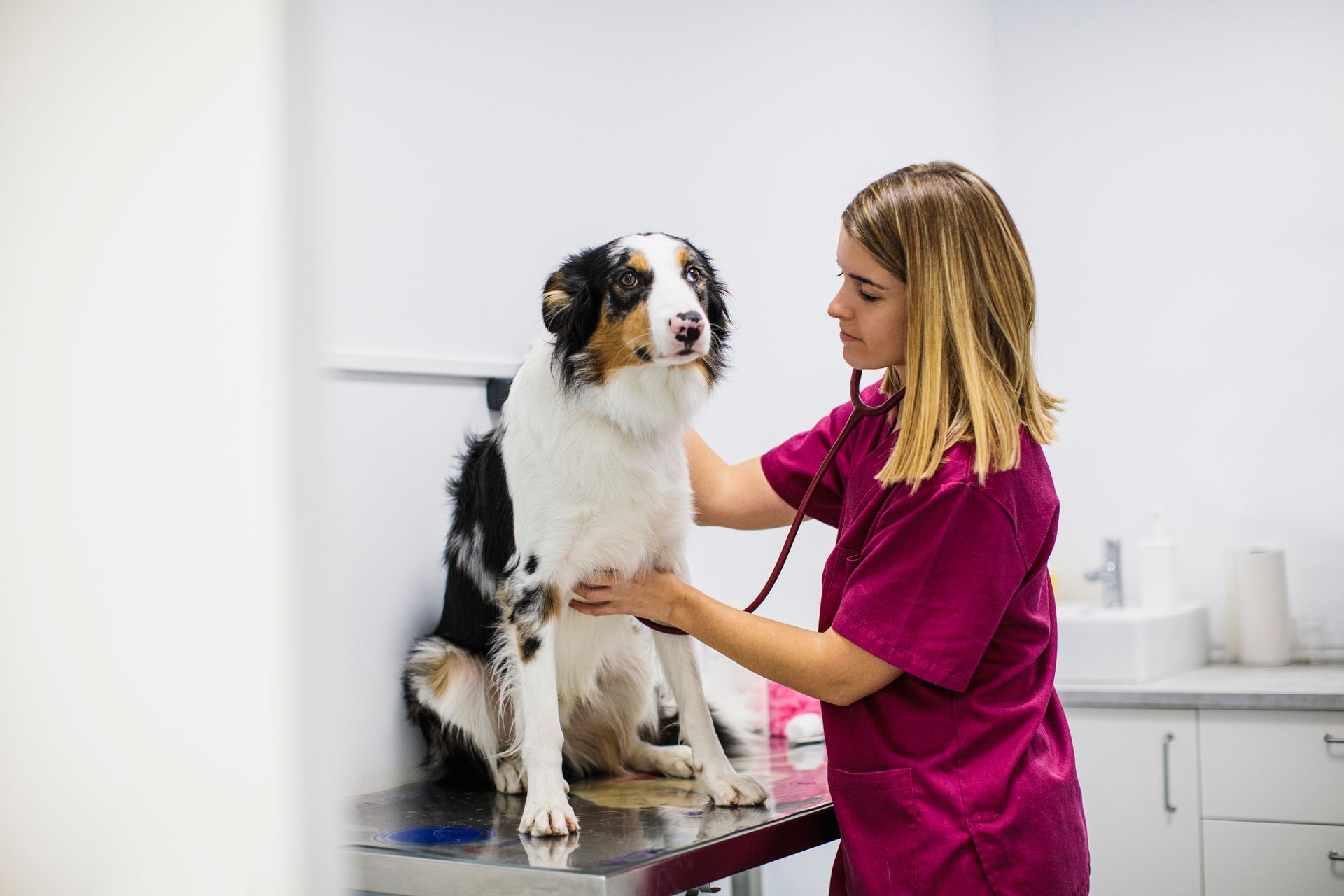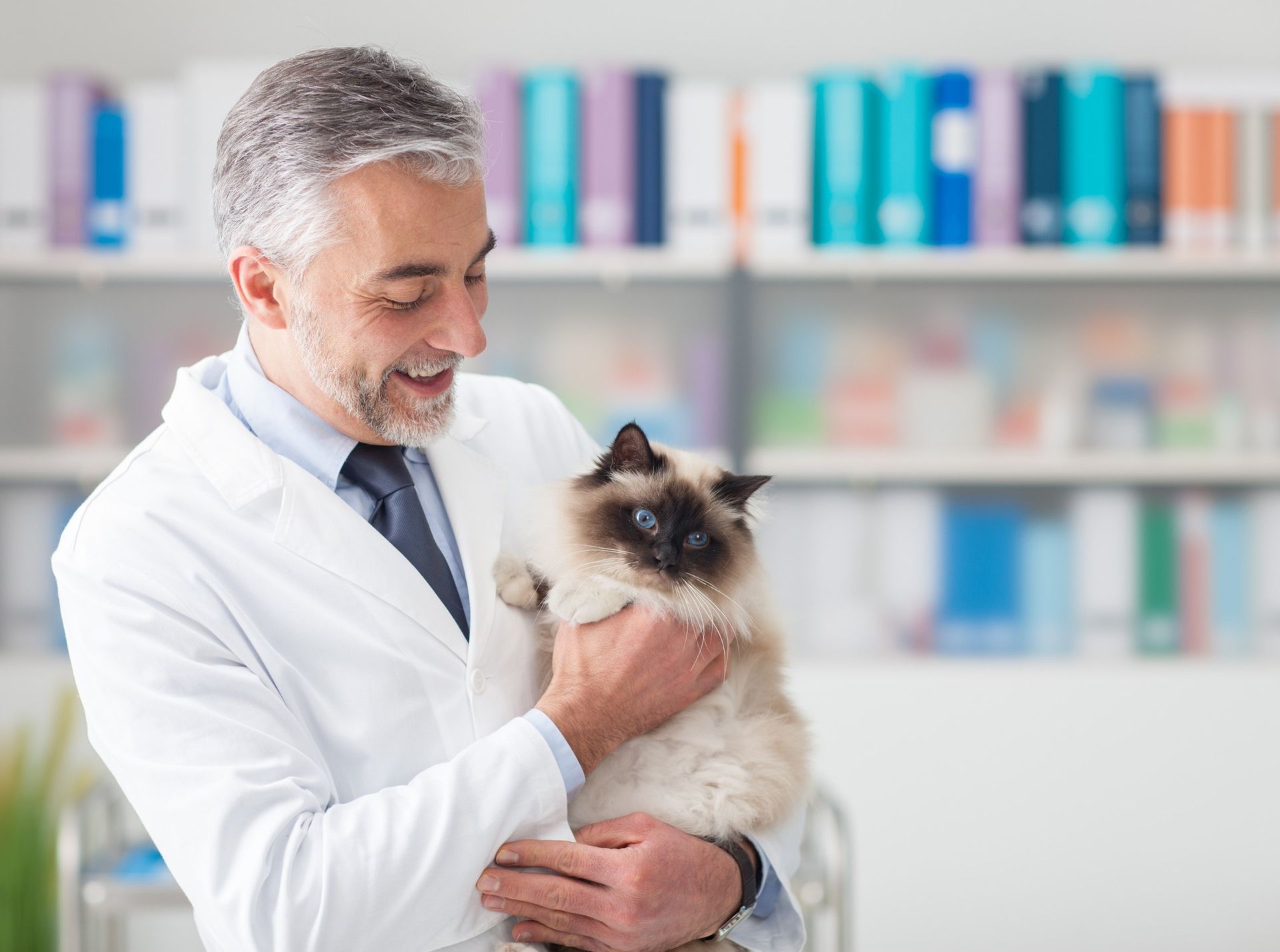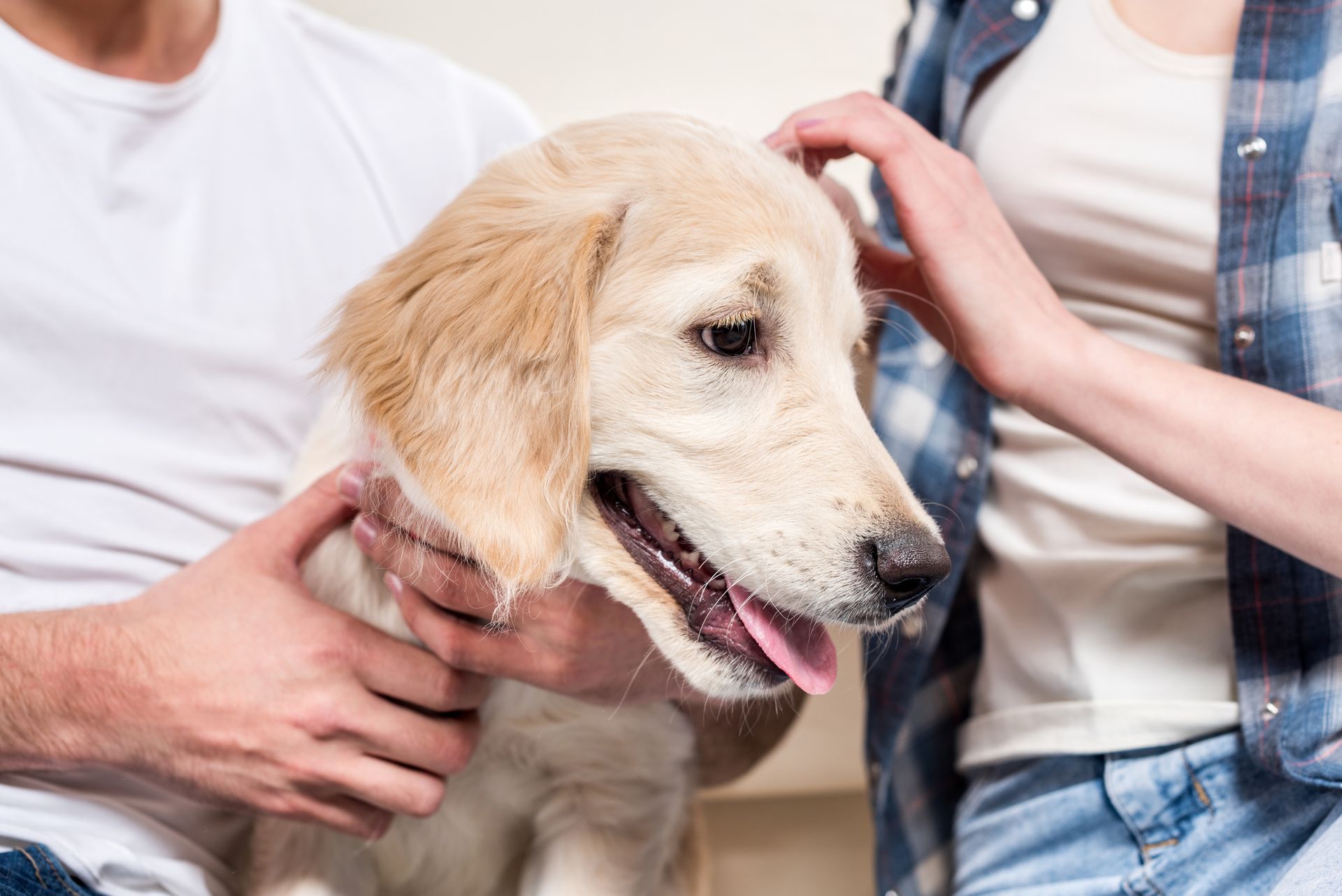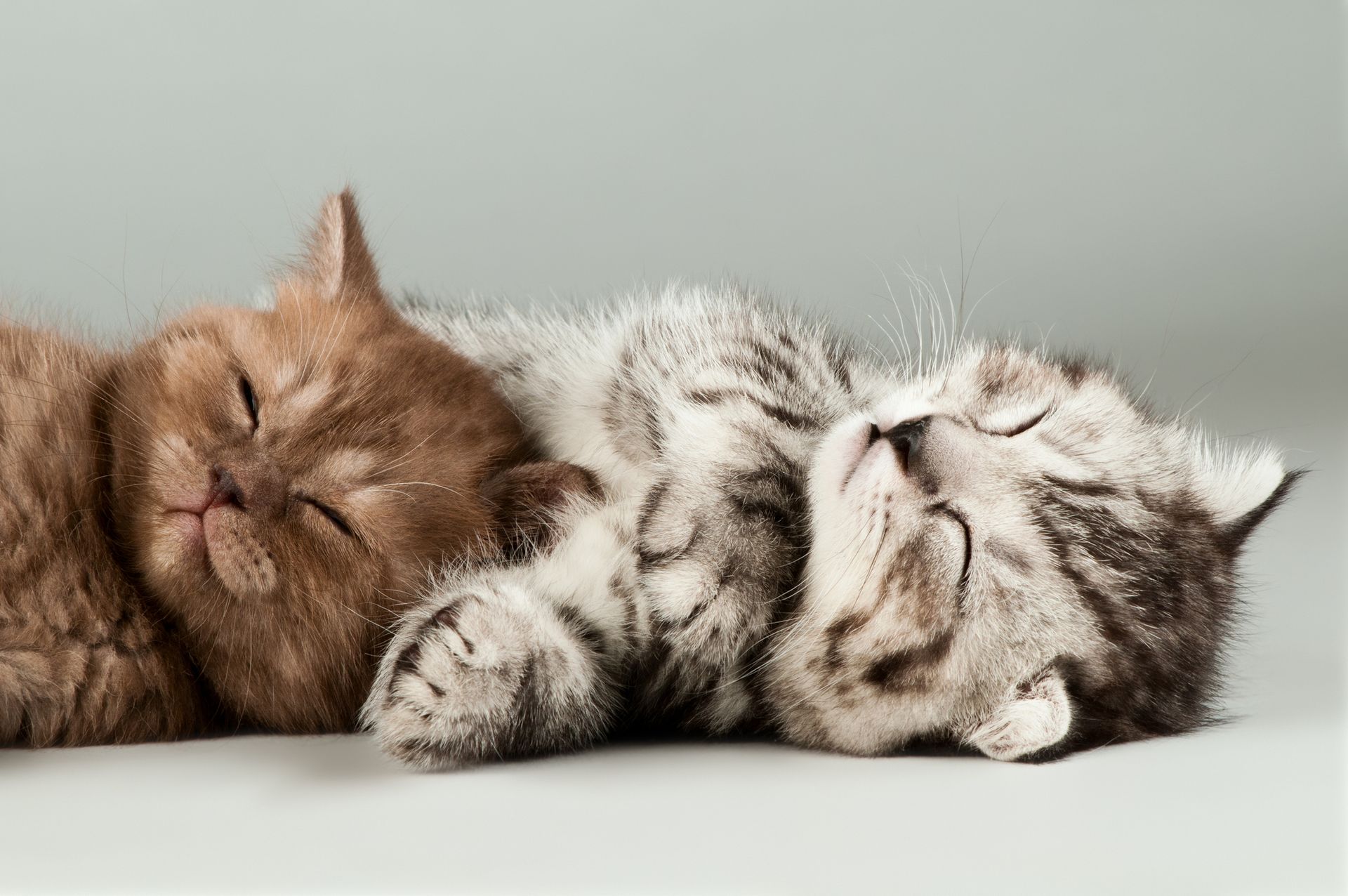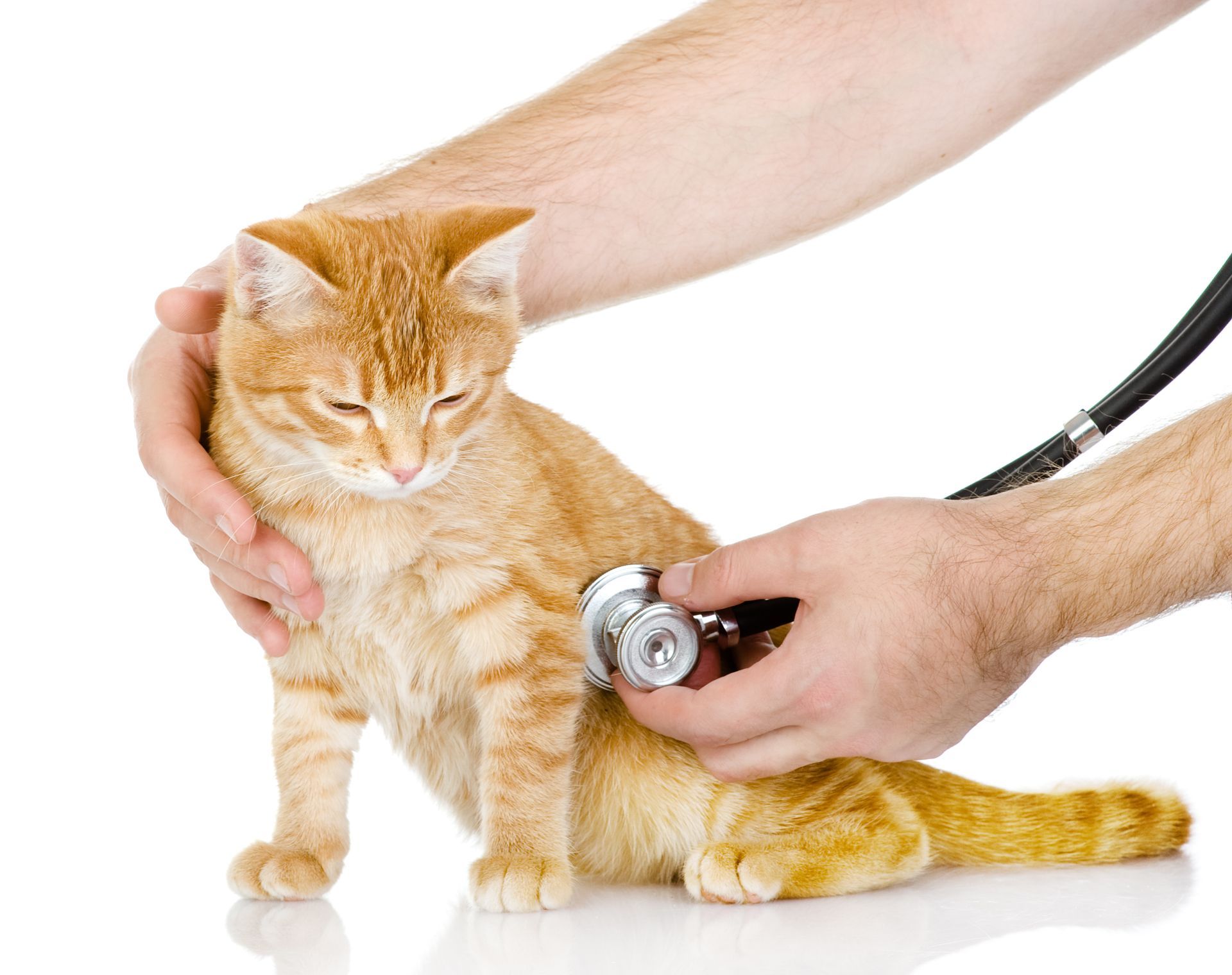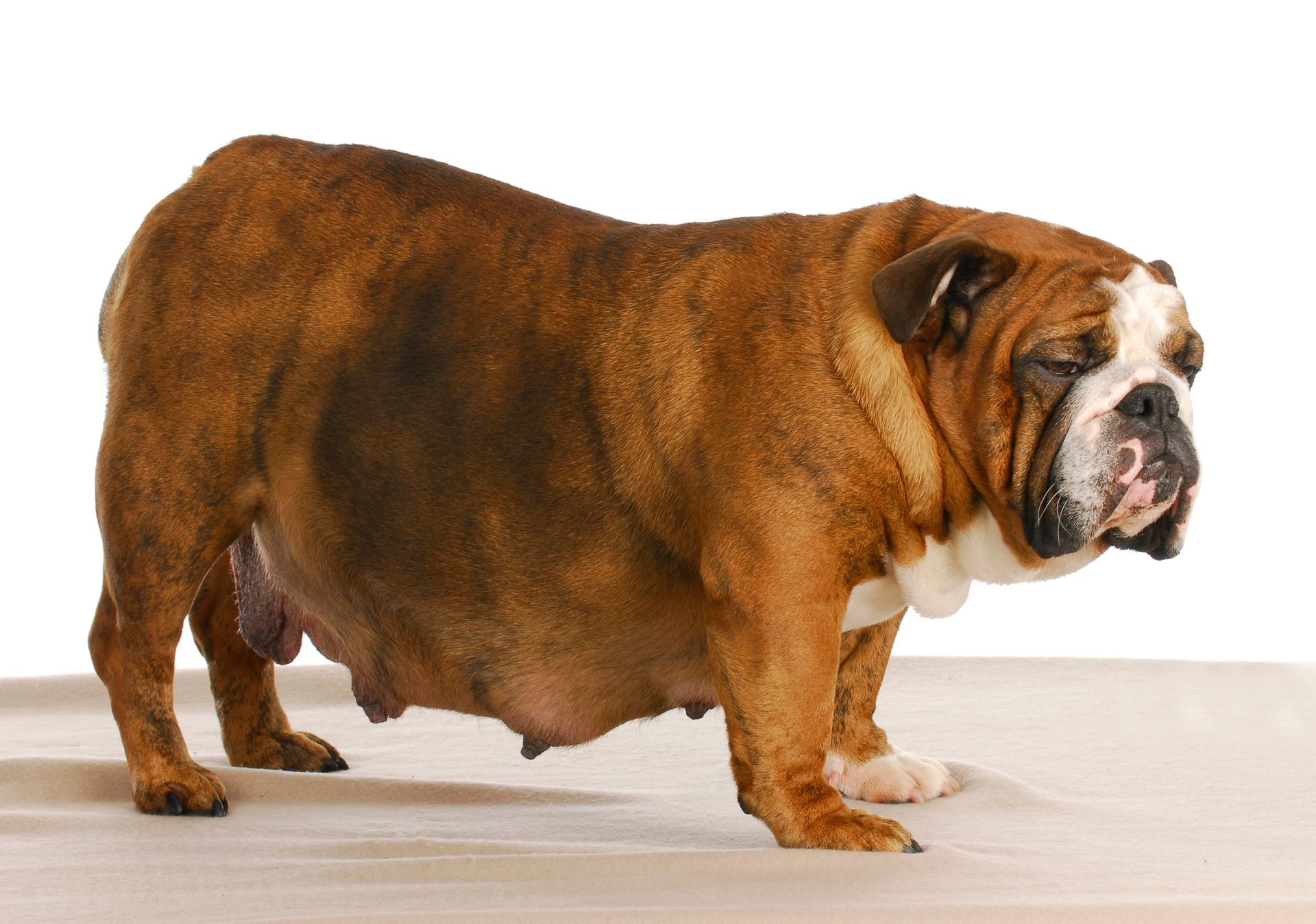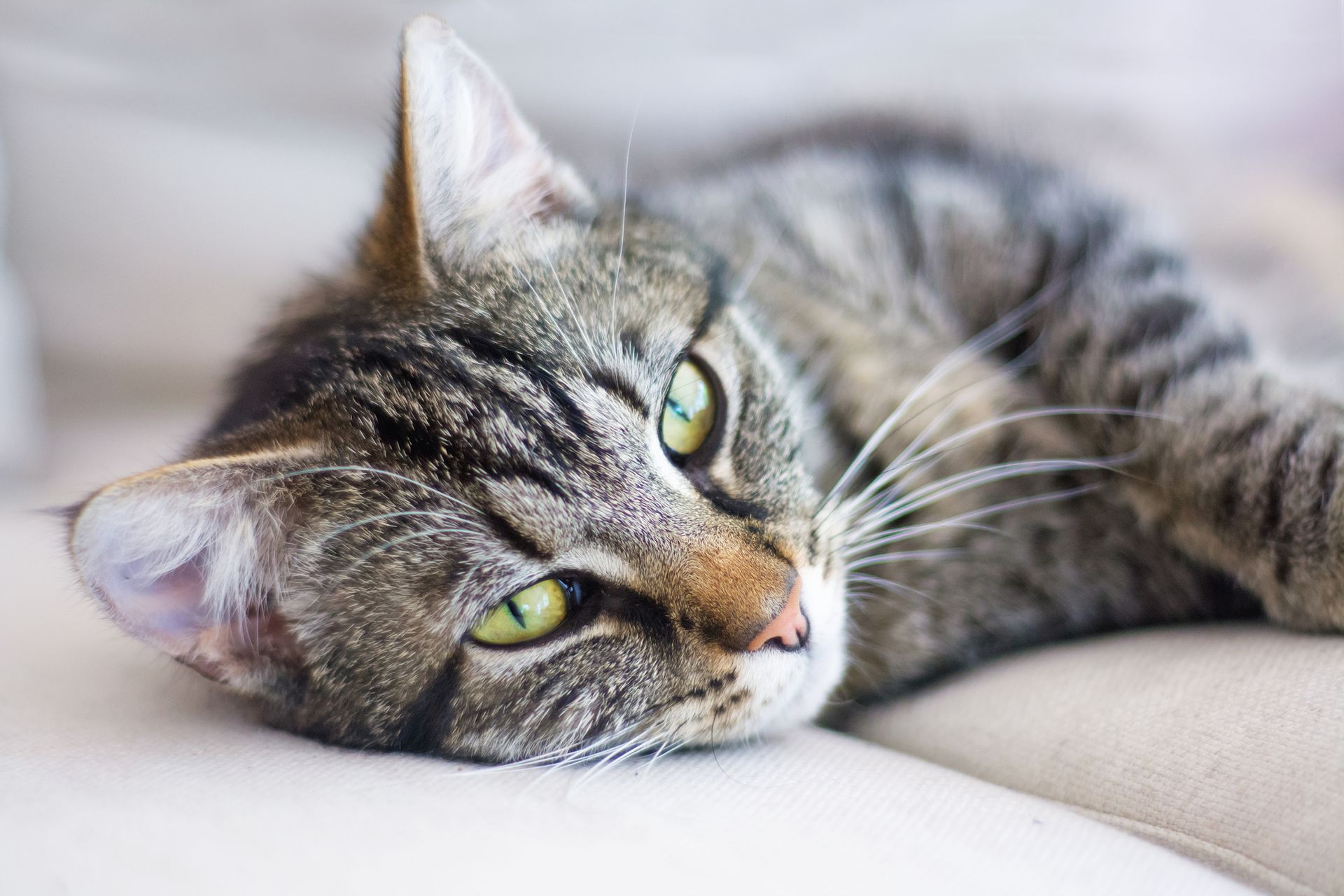Is Your Cat Overweight? How a Veterinarian Can Help
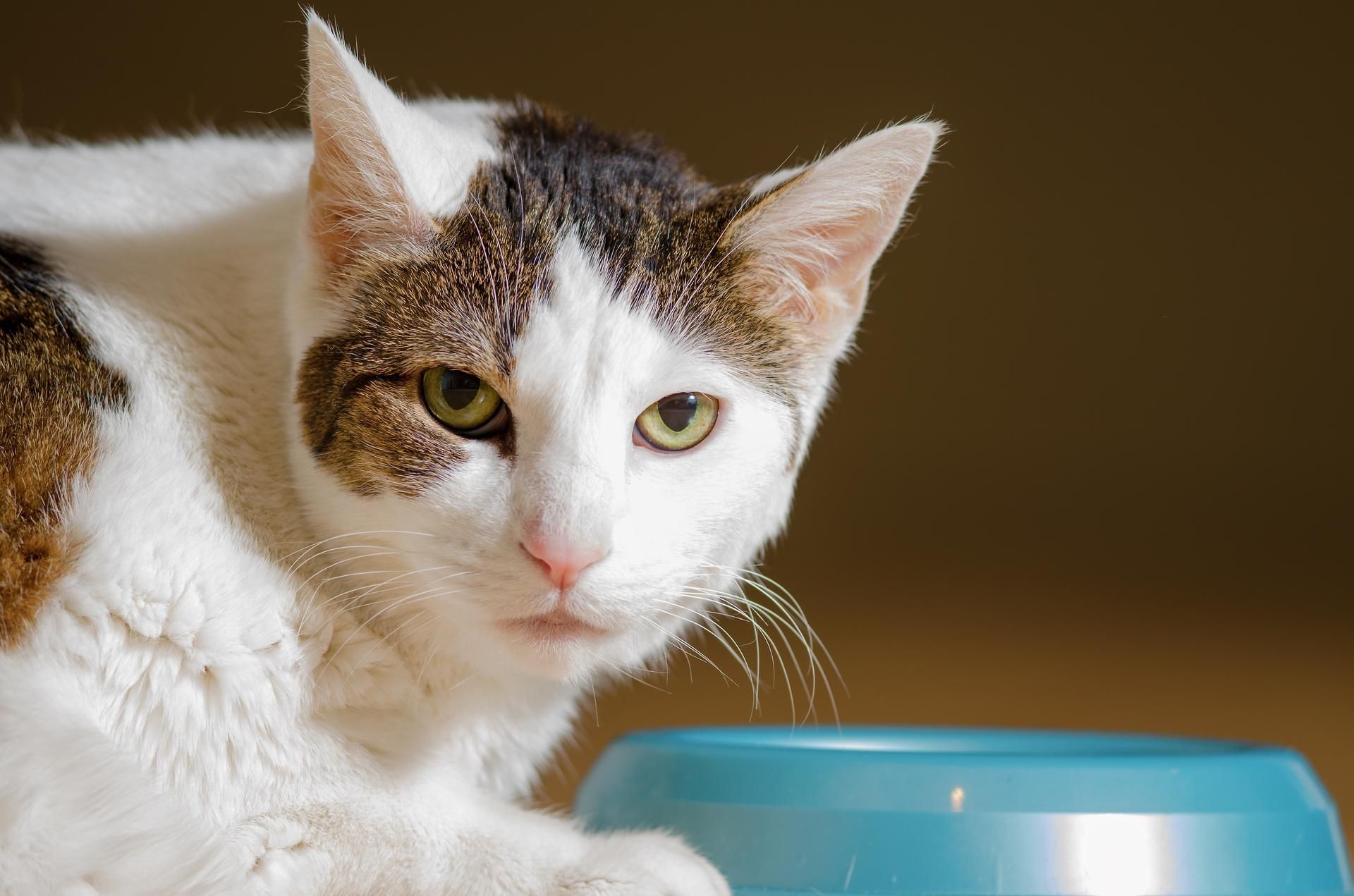
When it comes to the well-being of your feline friend, maintaining a healthy weight is crucial. Being overweight can lead to various health issues in cats, just like in humans. If your cat seems a bit hefty, it's time to take action. Fortunately, veterinarians can guide you and your pet back to a healthier lifestyle.
Recognizing the Signs of an Overweight Cat
Firstly, you need to determine if your cat is indeed overweight. Look for signs such as a lack of a discernible waist, difficulty feeling the ribs, and a sagging belly. If your cat struggles with grooming itself or seems lethargic, these may also be indicators of excess weight. Observing these signs is the first step toward seeking professional vet care.
Understanding the Health Risks
An overweight cat is at risk for several serious health problems. These include diabetes, arthritis, and respiratory issues. Carrying extra weight can also lead to a shorter lifespan. Understanding these risks emphasizes the importance of maintaining your cat's health. A veterinarian can help you understand the specific risks your cat faces and how to mitigate them.
Consulting a Veterinarian
Once you've identified that your cat may be overweight, schedule an appointment with your veterinarian. At the pet hospital, the vet will conduct a thorough examination to assess your cat’s overall health and confirm if weight management is necessary. This assessment is crucial as it helps to rule out any underlying medical conditions that might contribute to weight gain.
Developing a Personalized Weight Management Plan
One of the greatest benefits of consulting a veterinarian is their ability to craft a personalized weight management plan for your cat. This plan will typically include dietary adjustments, such as switching to a healthier brand of cat food or reducing portion sizes. Your vet might also recommend specific cat foods designed to aid in weight loss. This tailored approach ensures your cat receives all the necessary nutrients while losing weight safely.
Exercise and Activity Levels
Diet is only part of the solution. Increasing your cat's activity levels is equally important. Your veterinarian can suggest ways to encourage your cat to move more, such as interactive toys or structured playtime. Regular exercise aids in weight loss, improves your cat's mental health, and strengthens the bond between you and your pet.
Monitoring Progress and Adjustments
After starting the weight management plan, it's important to monitor your cat's progress. Regular visits to the vet will help track weight loss and adjust the plan as needed. Your veterinarian will weigh your cat and discuss any changes in behavior or health. This ongoing support is vital for achieving long-term success in maintaining your cat’s healthy lifestyle.
Nutritional Guidance and Support
Beyond creating a weight management plan, veterinarians provide ongoing nutritional guidance. They can advise on the best feeding practices, including when and how much to feed your cat. This professional guidance is invaluable, especially when navigating the vast array of pet foods available on the market. It ensures your cat receives a balanced diet that promotes health and longevity.
Building a Healthy Lifestyle
Ultimately, the goal is to establish a sustainable, healthy lifestyle for your cat. This means committing to routine vet check-ups and maintaining the habits formed during the weight loss process. Consistency is key, and with your veterinarian's expertise, you can ensure your cat remains at a healthy weight.
If your cat is overweight, don't hesitate to reach out to your veterinarian for assistance. They are your best ally in crafting a personalized, effective plan that prioritizes your cat's health. By working together, you can help your feline friend achieve a healthier weight and enjoy a longer, happier life. Remember, vet care is not just about treating illnesses — it's about preventing them and enhancing the quality of life for your beloved pet.
Schedule an appointment with us at Angel Pet Hospital if you're concerned about your cat's weight. We'll assess the issue and provide recommendations to help them return to a healthy lifestyle.


